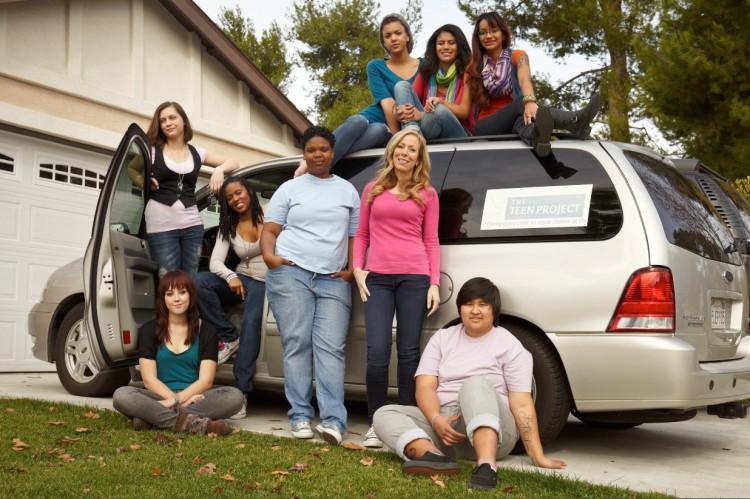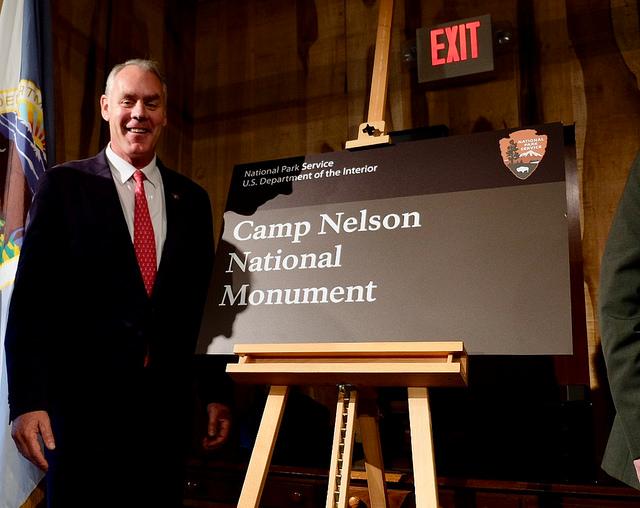NEW YORK—Turning 18 is a significant milestone, a rite of passage where one moves from childhood to adulthood. But for those in the foster care system, turning 18 signifies a different milestone—you are now on your own, kid.
“People don’t realize that at 18, when their own kids are going to prom or preparing for college, these kids are going to homelessness,” Lauri Burns, founder of The Teen Project, said in Astoria on Tuesday.
Burns was born on Long Island and learned firsthand what it was like to grow up in the foster care system after experiencing the horrors of an abusive family. After exiting the system at age 18, and with no place to go, she hit the streets, living a self-destructive lifestyle.
At 23, after surviving a brutal beating by two gunmen, Burns realized it was time for a change. She checked herself into rehab, essentially closing the door on one horrific chapter in her life to begin a new chapter filled with hope—not only for herself, but for others also.
Burns authored a book in 2010 called “Punished for a Purpose,” published by WingSpan Press, chronicling the chilling details of the abuse and neglect she has overcome. She came to realize that her childhood, while horrific, was necessary to enable her to meet the people she feels destined to help.








